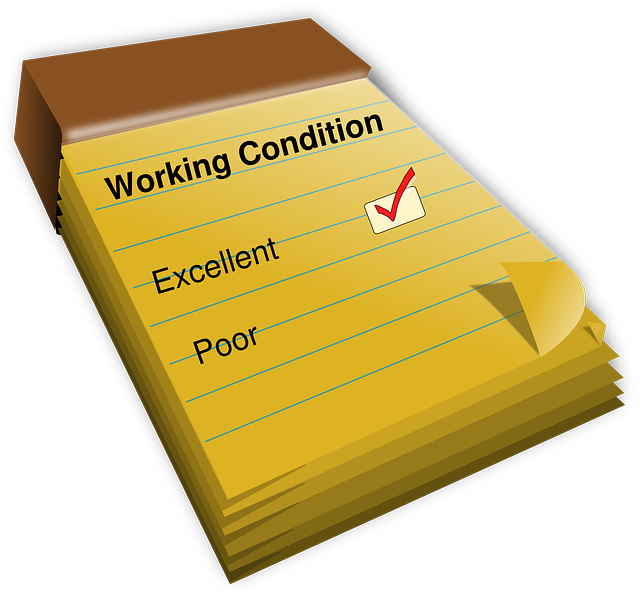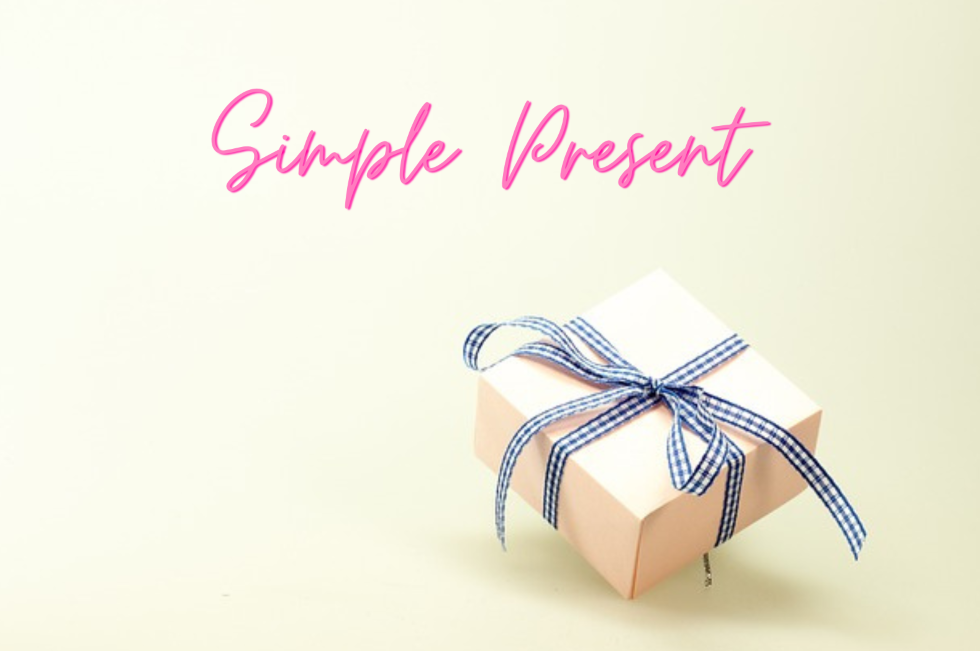Conditional sentences are a fundamental part of English grammar, allowing us to discuss possibilities, hypothetical situations, and their potential outcomes. They are composed of two clauses: a conditional clause (if-clause) and a main clause (result clause). Let’s explore the different types of conditional sentences with examples.
ZERO CONDITIONAL IN ENGLISH
The zero conditional is used for general truths or scientific facts. Both clauses are in the present simple tense.
Structure: If + present simple, present simple
Examples:
- If you heat water to 100°C, it boils.
- If it rains, the ground gets wet.
FIRST CONDITIONAL IN ENGLISH
The first conditional talks about real and possible situations in the future. The if-clause is in the present simple, and the main clause uses “will” plus the base verb.
Structure: If + present simple, will + base verb
Examples:
- If I finish my homework, I will watch a movie.
- If it rains tomorrow, we will cancel the picnic.
SECOND CONDITIONAL IN ENGLISH
The second conditional is used for hypothetical or unlikely situations in the present or future. The if-clause is in the past simple, and the main clause uses “would” plus the base verb.
Structure: If + past simple, would + base verb
Examples:
- If I had a million dollars, I would travel the world.
- If she knew his number, she would call him.
THIRD CONDITIONAL IN ENGLISH
The third conditional is used for hypothetical situations in the past, often expressing regret. The if-clause is in the past perfect, and the main clause uses “would have” plus the past participle.
Structure: If + past perfect, would have + past participle
Examples:
- If I had studied harder, I would have passed the exam.
- If they had left earlier, they would have caught the train.
MIXED CONDITIONAL IN ENGLISH
Grammar literature typically identifies four main types of conditional sentences: Zero Conditional, First (Real) Conditional, Second (Unreal) Conditional, and Third (Past Unreal) Conditional. Exceptionally, we can blend the second and third conditionals to produce what is known as a mixed conditional.
Mixed conditionals, resulting from this blend, combine two different times in one sentence. This allows us to express complex ideas about how past conditions affect the present or how present conditions could have affected the past. For instance, there are two types of mixed conditionals, as shown below.
Present Result of a Past Condition
This type of mixed conditional is used to express a present result of a past condition. The if-clause is in the past perfect (from the third conditional), and the main clause uses “would” plus the base verb (from the second conditional).
Structure: If + past perfect, would + base verb
Examples:
- If I had taken that job (third conditional), I would be living in New York now (second conditional).
- If she had studied harder (third conditional), she would be a doctor today (second conditional).
Past Result of a Present or Continuing Condition
This type of mixed conditional is used to express a past result of a present or continuing condition. The if-clause is in the past simple (from the second conditional), and the main clause uses “would have” plus the past participle (from the third conditional).
Structure: If + past simple, would have + past participle
Examples:
- If she were more careful (second conditional), she wouldn’t have broken the vase (third conditional).
- If he were more diligent (second conditional), he would have completed the project on time (third conditional).
CONDITIONAL SENTENCES IN ENGLISH: PRACTICE ACTIVITIES
Practice the Zero Conditional
Instructions: In this exercise, you will practice using “if” in sentences. Given the following set of phrases, your task is to combine them into complete sentences using the Zero Conditional.
- you / heat ice / it / melt
- plants / not get water / they / die
- you / mix red and blue / you / get purple
- you / drop an object / it / fall
- you / add sugar to tea / it / taste sweeter
Example:
- Student 1: What happens if you heat ice?
Student 2: If you heat ice, it melts.
Practice the First Conditional – Real Conditional
Instructions: In this exercise, you will practice asking and answering questions using “if” in sentences. Given the following set of phrases, your task is to form questions and answers using the First Conditional (Real Conditional).
- you / study hard / pass the exam
- it / rain tomorrow / stay indoors
- they / invite us / go to the party
- she / save enough money / buy a new phone
- we / leave now / arrive on time
Example:
- Student 1: What will happen if you study hard?
Student 2: If I study hard, I will pass the exam.
Practice the Second Conditional – Unreal Conditional
Instructions: In this exercise, you will practice asking and answering questions using “if” in sentences. Given the following set of phrases, your task is to form questions and answers using the Second Conditional (Unreal Conditional).
- you / win the lottery / buy a mansion
- she / have more time / learn a new language
- they / be famous / travel the world
- he / know how to cook / make dinner every night
- we / live in a big city / go to concerts every weekend
Example:
- Student 1: What would you do if you won the lottery?
Student 2: If I won the lottery, I would buy a mansion.
Practice the Third Conditional – Past Unreal Conditional
Instructions: In this exercise, you will practice asking and answering questions using “if” in sentences. Given the following set of phrases, your task is to form questions and answers using the Third Conditional (Past Unreal Conditional).
- you / leave earlier / catch the train
- he / study harder / pass the exam
- they / invite us / attend the wedding
- she / see the sign / avoid the accident
- we / save money / go on vacation
Example:
- Student 1: What would have happened if you had left earlier?
Student 2: If I had left earlier, I would have caught the train.
Practice the Mixed Conditional
Instructions: In this exercise, you will practice asking and answering questions using “if” in sentences. Given the following set of phrases, your task is to form questions and answers using the Mixed Conditional.
- you / take that job / live in New York now
- she / be more careful / not break the vase
- they / leave earlier / be here by now
- he / study harder / have a better job now
- we / not miss the bus / arrive on time
Example:
- Student 1: What would happen if you had taken that job?
Student 2: If I had taken that job, I would be living in New York now.
DIALOGUES TO PRACTICE CONDITIONAL SENTENCES IN ENGLISH
Dialogue Using Zero Conditionals

Mike: Hey Sarah, if I drink coffee in the evening, I can’t sleep at night.
Sarah: I know what you mean. If I don’t get enough sleep, I feel tired all day.
Mike: Exactly. If I feel tired, I usually take a nap in the afternoon.
Sarah: That’s a good idea. If I take a nap, I feel more energetic for the rest of the day.
Mike: And if I feel energetic, I can get more work done.
Sarah: Same here. If I finish my work early, I have more time to relax in the evening.
Dialogue Using Real Conditionals

Tom: Hey Lisa, if it rains tomorrow, will you still go for a run?
Lisa: Probably not. If it rains, I’ll just work out at home. What about you?
Tom: If it rains, I’ll go to the gym instead. But if the weather is nice, I’ll join you for a run.
Lisa: Sounds good! If we run together, we can motivate each other.
Tom: Definitely. And if we finish early, we can grab breakfast afterwards.
Lisa: Great idea! If we do that, it’ll be a perfect start to the day.
Dialogue Using Unreal Conditionals

Alex: Hey Jessica, if you won the lottery, what would you do?
Jessica: If I won the lottery, I would travel the world. What about you?
Alex: If I had a lot of money, I would buy a big house by the beach.
Jessica: That sounds amazing. If I didn’t have to work, I would spend more time with my family.
Alex: Same here. If I were rich, I would donate to charity as well.
Jessica: That’s a great idea. If everyone did that, the world would be a better place.
Dialogue Using Past Unreal Conditionals

David: Hey Emma, if I had known about the traffic, I would have left earlier.
Emma: Yeah, if you had left earlier, you would have arrived on time.
David: Exactly. If I had arrived on time, I wouldn’t have missed the meeting.
Emma: That’s true. If you had been there, you could have given your input on the project.
David: I know. If I had given my input, the project might have turned out differently.
Emma: Well, next time, if you know there’s going to be traffic, make sure to leave earlier.
Dialogue Using Mixed Conditionals

John: Hey Emily! If I had known about the job opening earlier, I would be working at that company now.
Emily: Yeah, and if you were working there, you would have already moved to New York by now.
John: True. If I had moved to New York, I would be living closer to my family.
Emily: If I were in your shoes, I would have applied for that job as soon as I heard about it.
John: If only I had checked the job listings more frequently, I wouldn’t have missed the opportunity.
Emily: Well, keep an eye out next time.
CONCLUSION
Understanding and using conditional sentences correctly can greatly enhance your communication skills. They allow you to express a wide range of possibilities and hypothetical scenarios. Practice creating your own examples to become more comfortable with these structures.


